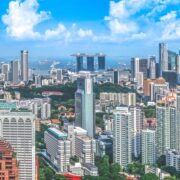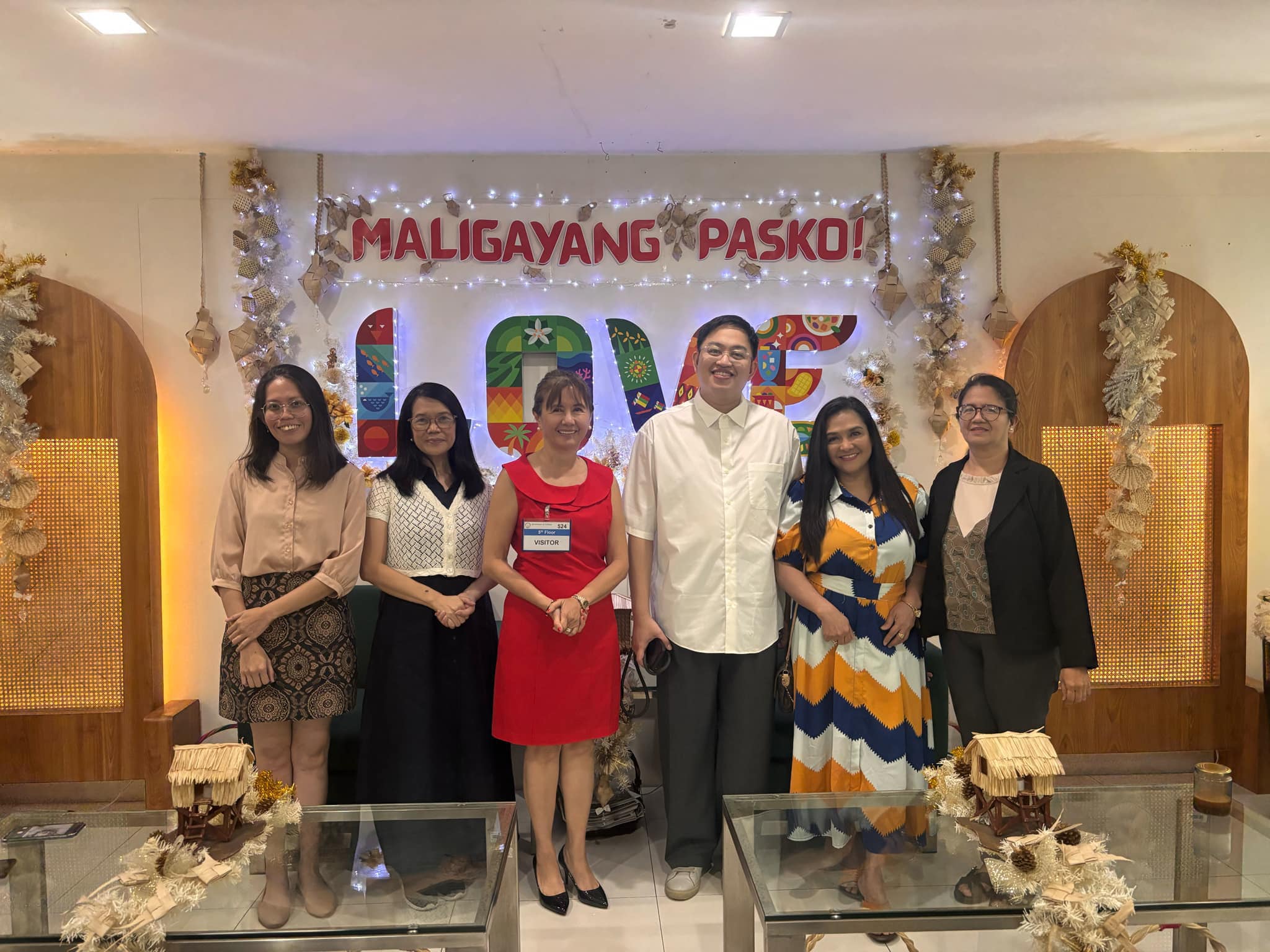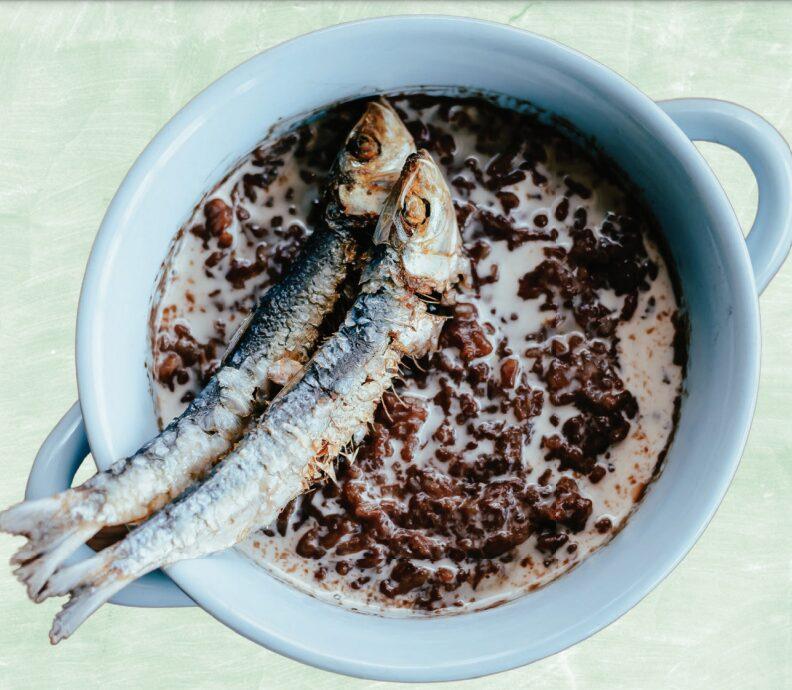Overseas Filipino workers (OFWs) bound for Singapore are not required to get inoculated against COVID-19 before they are allowed into the city-state, the labor department reported on Sunday.
Labor Attaché in Singapore Saul De Vries said that while the government of Singapore is implementing strict quarantine protocols due to the recurrence of COVID-19 cases, vaccine is not part of the arrival protocols in the city-state.
“It is not a condition for OFWs to be inoculated before departing for their jobs. However, the Singapore government requires them to undergo a 21-day institutional quarantine and take RT-PCR test thrice,” De Vries said.
Following the recurrence of cases, De Vries said the Singapore government has temporarily suspended the entry approval applications of foreign workers from high-risk countries.
“Hopefully, such regulation or policy will be reviewed this coming July when cases of COVID-19 infection have slowed down,” he added.
Based on the Labor Department’s records, there are around 200,000 Filipinos in Singapore, 180,000 of whom consist of professionals, skilled workers, household service workers, healthcare workers, and those working in the service sector of the tourism and information technology industries.
De Vries also announced that POLO-Singapore has recently approved over 200 job orders (JOs) for vaccinators with a monthly salary, ranging from 1,800 to 2,000 SGD or equivalent to a little over P63,000.
“Aside from the 200 vaccinators, the demand for household service workers is still high in Singapore,” he added.
While it is not mandatory for OFWs to be vaccinated before they enter Singapore, De Vries said that migrant workers are included in the vaccination program of the government. OFWs are therefore highly encouraged to get inoculated, as this is the best way to fight the spread of the virus.
“I believe that most if not all, of our OFWs in the health care industry have already been vaccinated, since they are included in the priority group listing,” De Vries said.
The POLO official intimated that the pandemic scaled down POLO operations in 2020. There are about 6,000 to 10,000 OFWs who have been displaced from their jobs, while the deployment rate has plummeted to 80% or from 140,000 to 30,000 last year.
This however, did not deter POLO Singapore from providing essential services to OFWs. POLO managed to distribute financial assistance of $200 or P10,000 under DOLE’s Abot Kamay ang Pagtulong (AKAP) program to OFWs who either lost their jobs or experienced wage reduction, as well as those who contracted COVID-19.
Food packs and essential hygiene kits have been provided while physical and mental health and wellness activities have been conducted for migrant Filipino workers to help them cope with their daily lives while community quarantines are enforced.
“Since many of them were displaced and stranded due to the pandemic, we assisted them in extending their special passes by closely coordinating with the immigration authorities to keep their stay legal as much as possible,” De Vries said.
—
Stay updated with news and information from the Department of Labor and Employment by visiting their website at dole.gov.ph.






